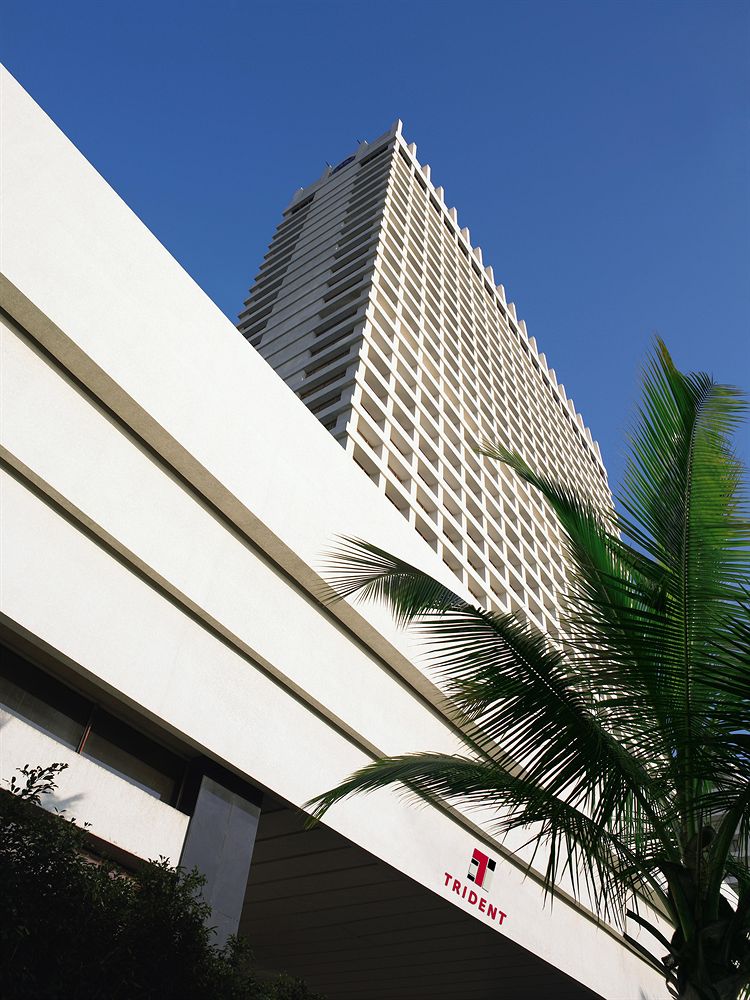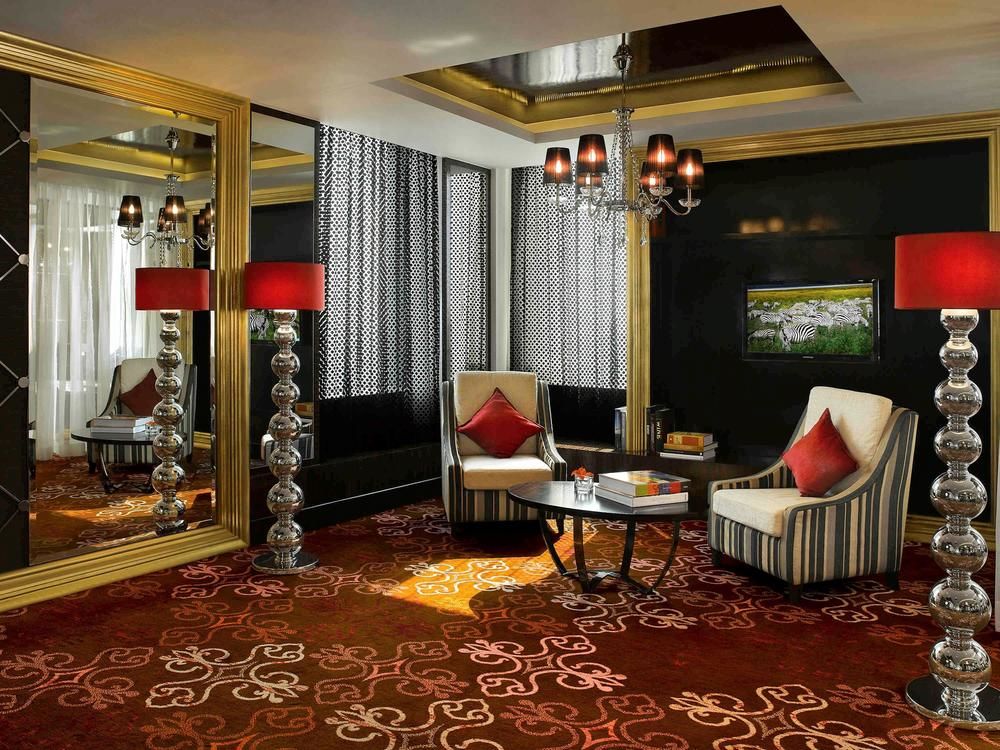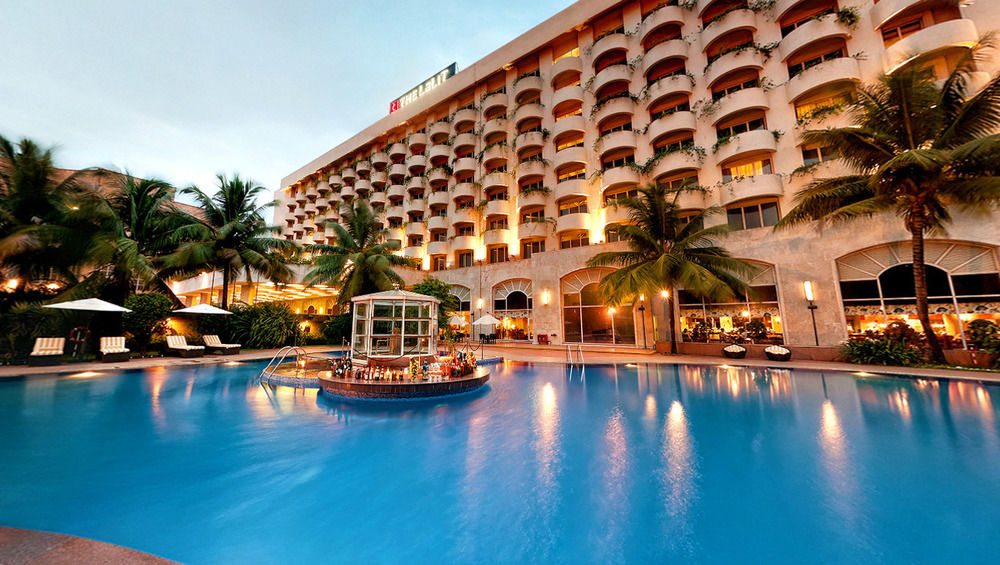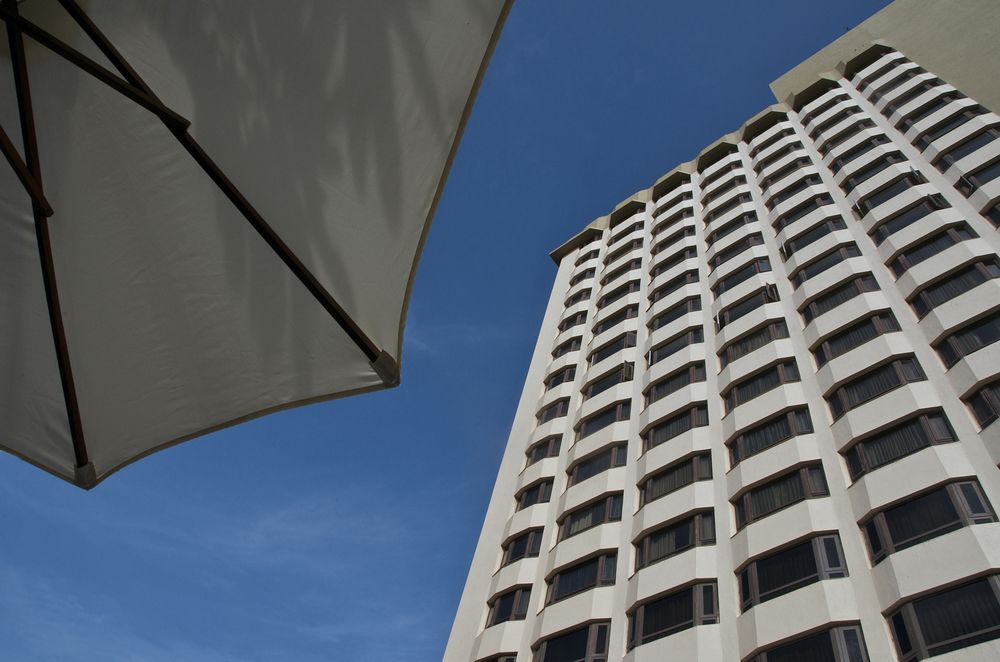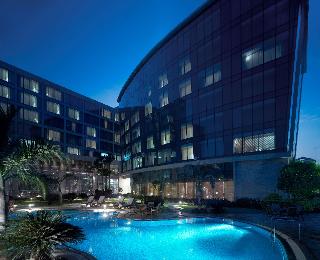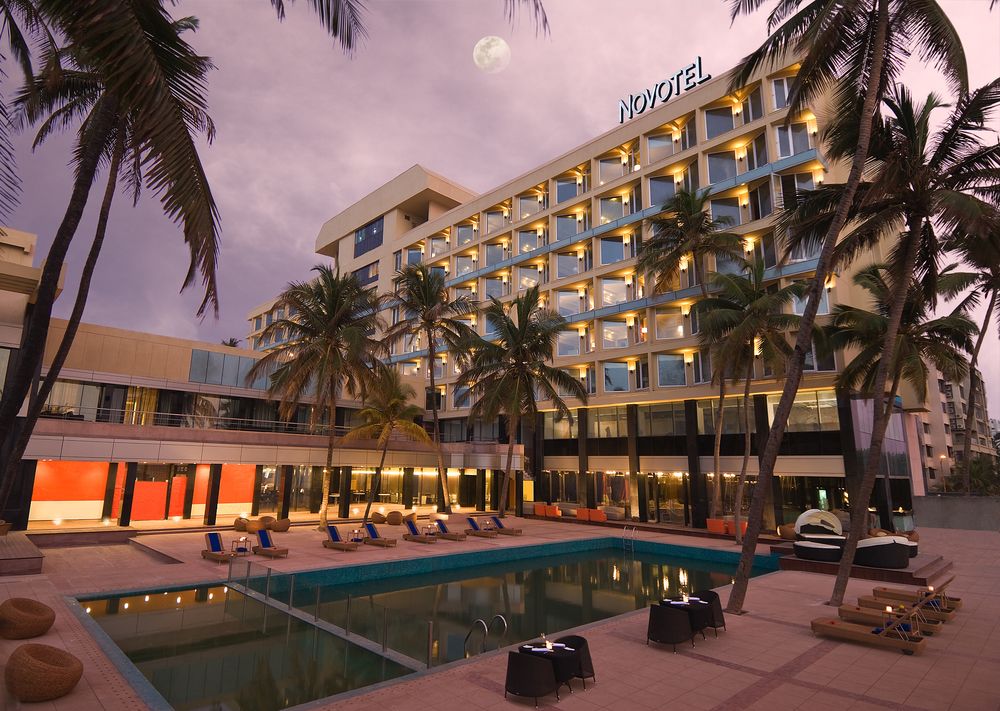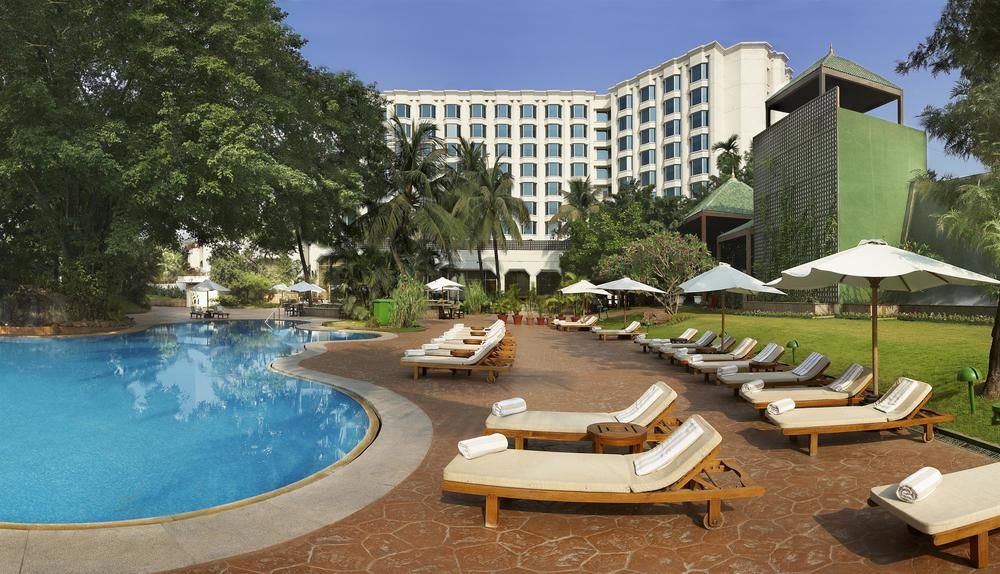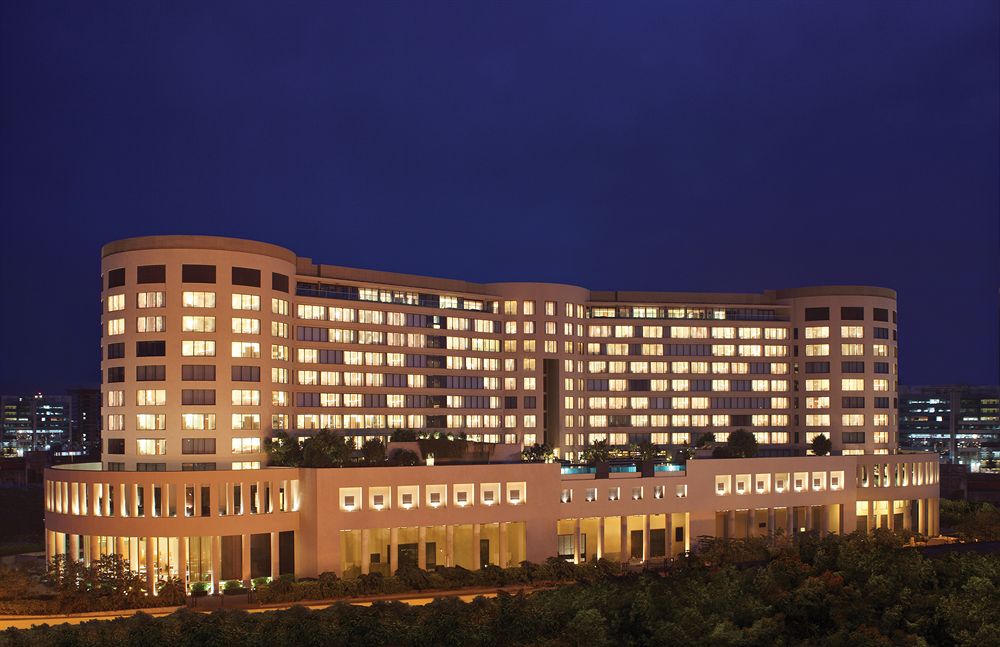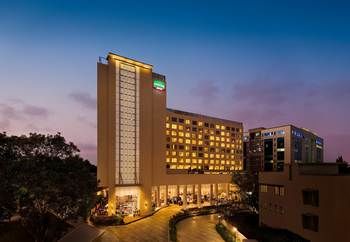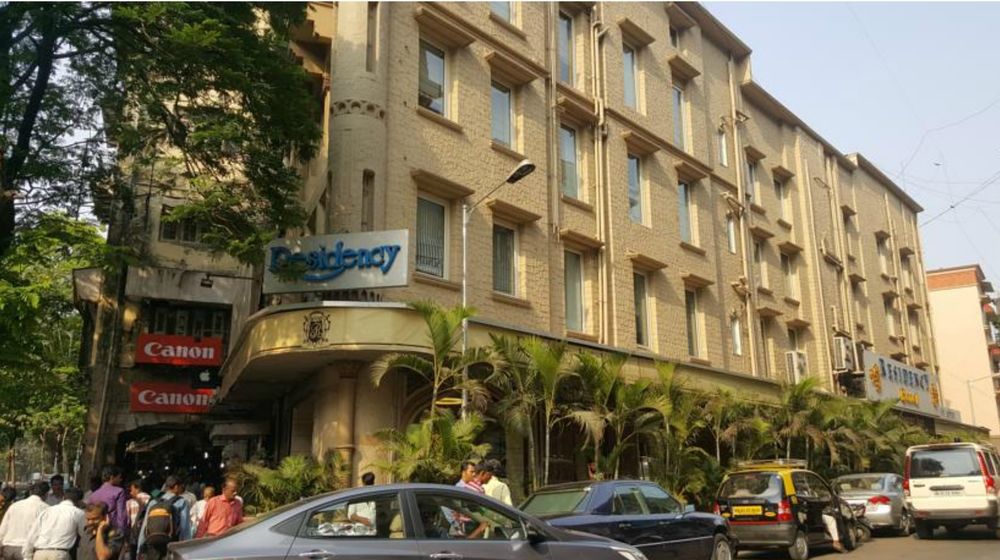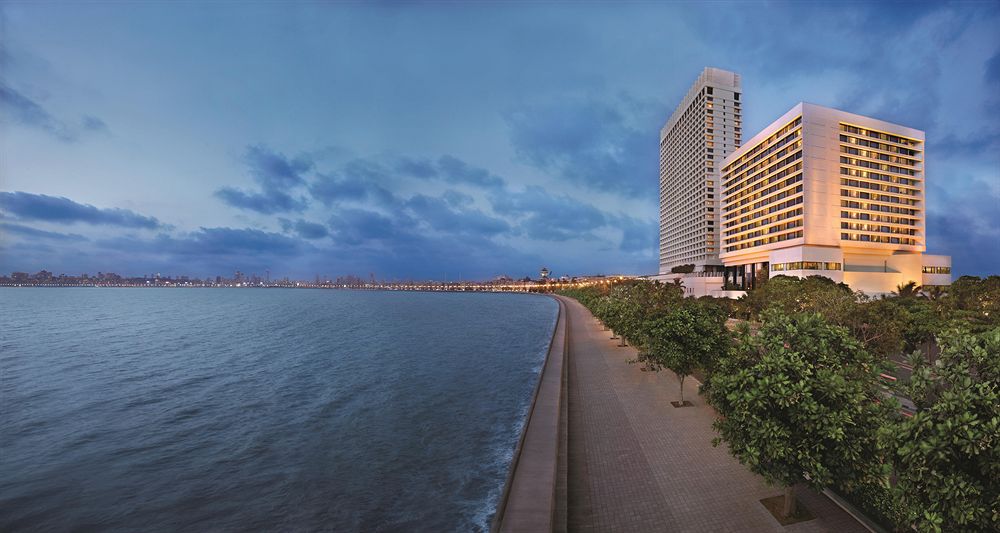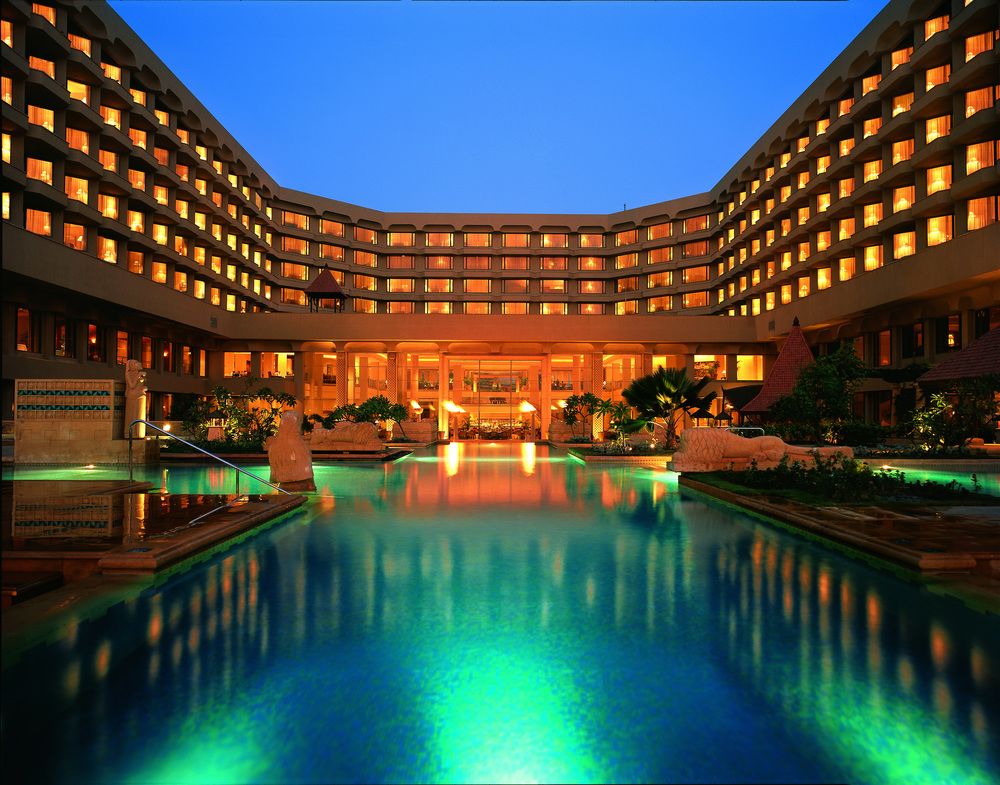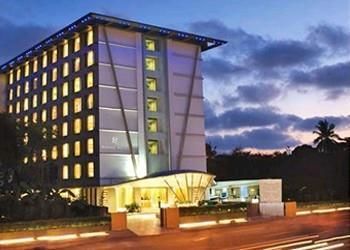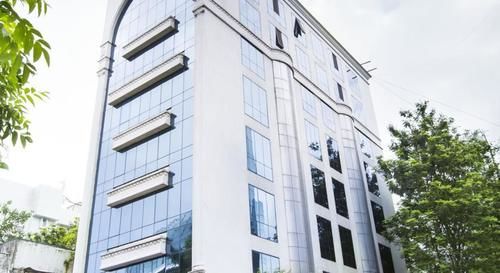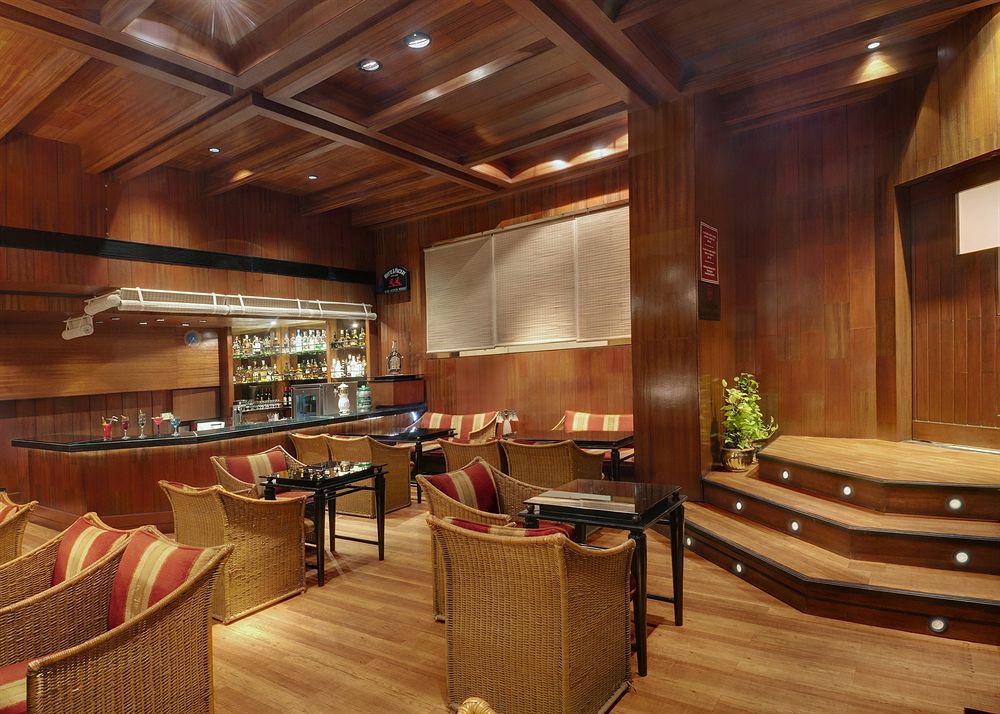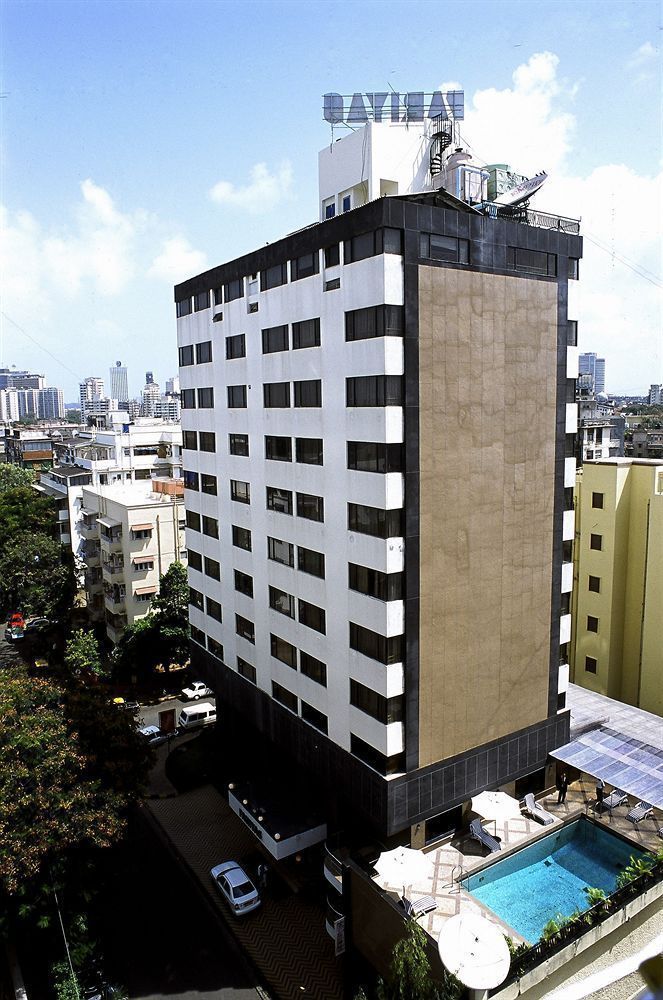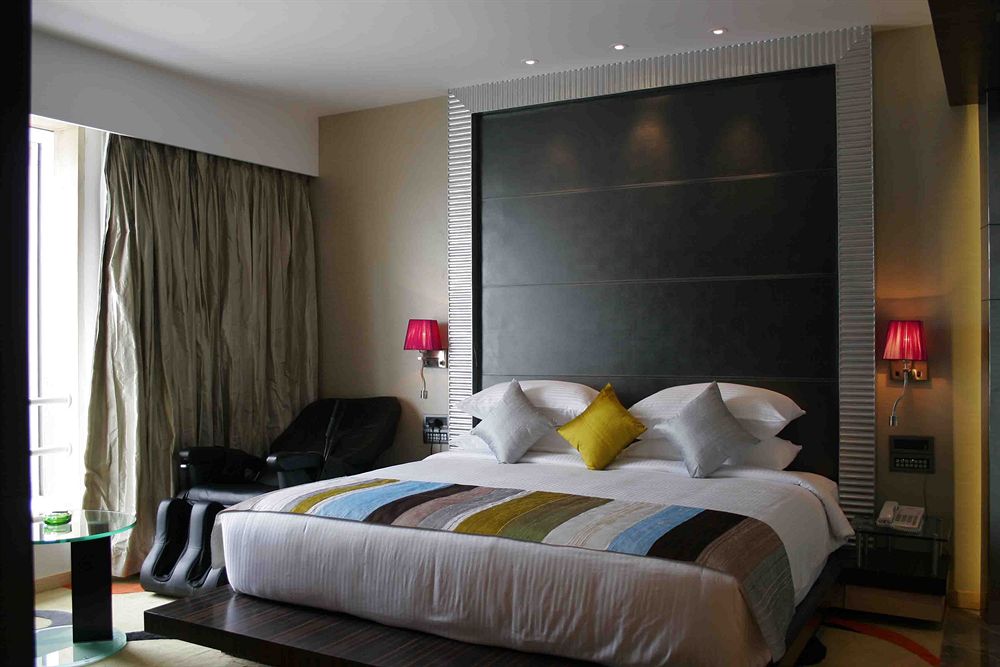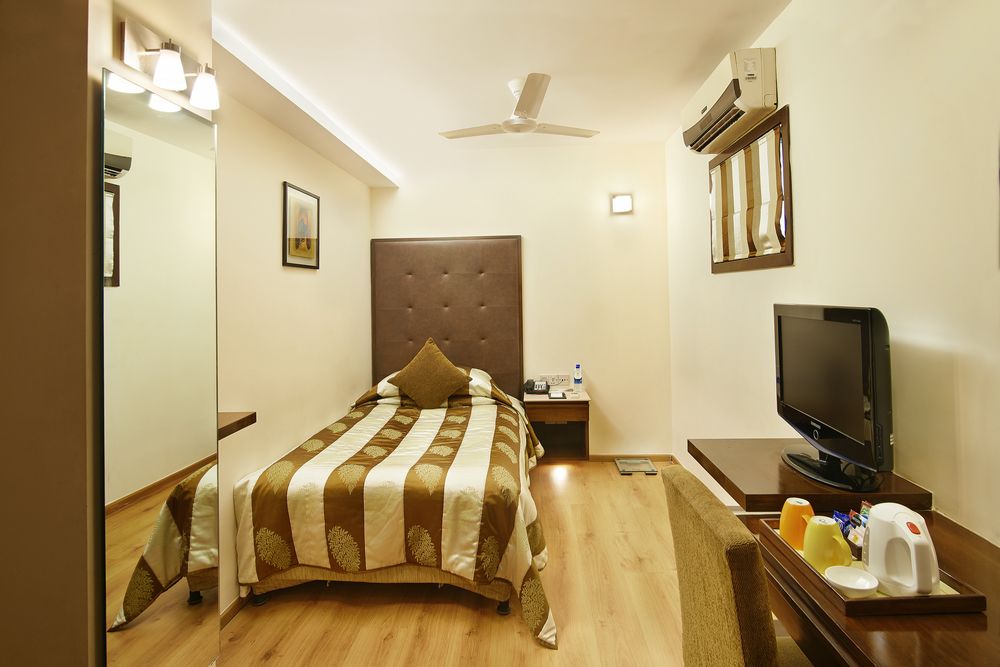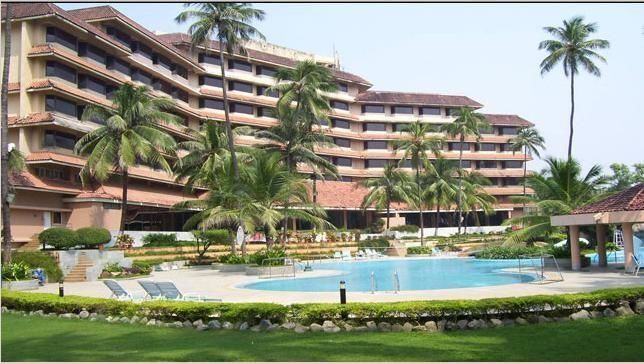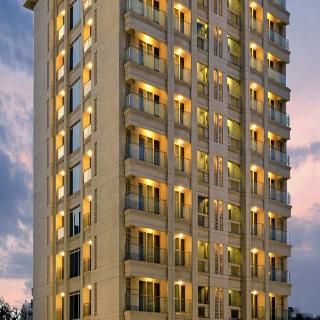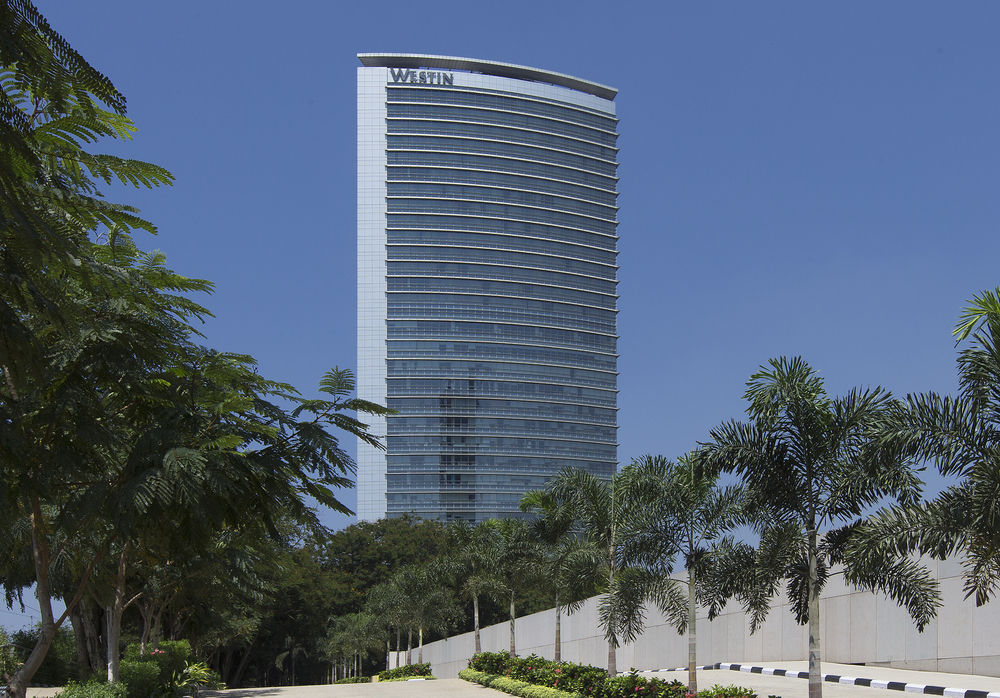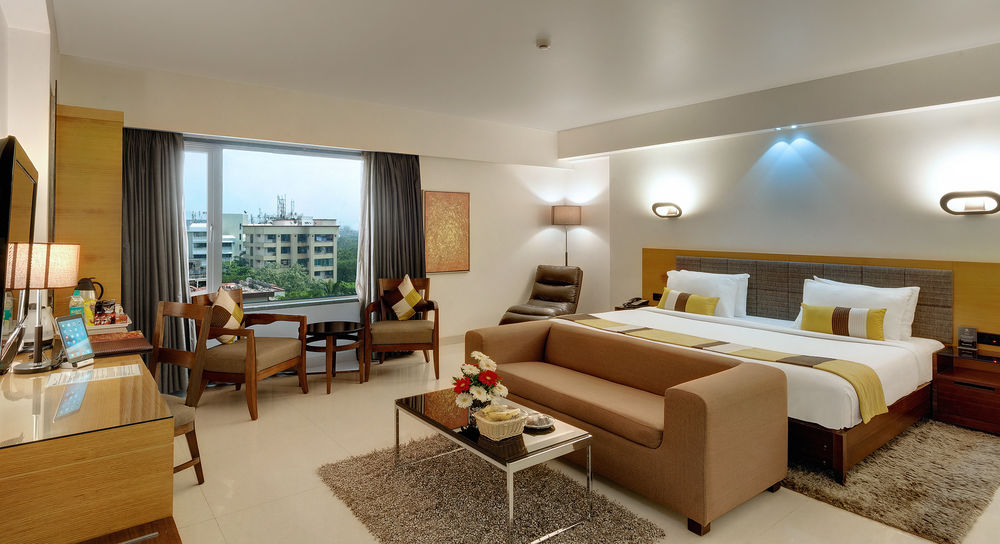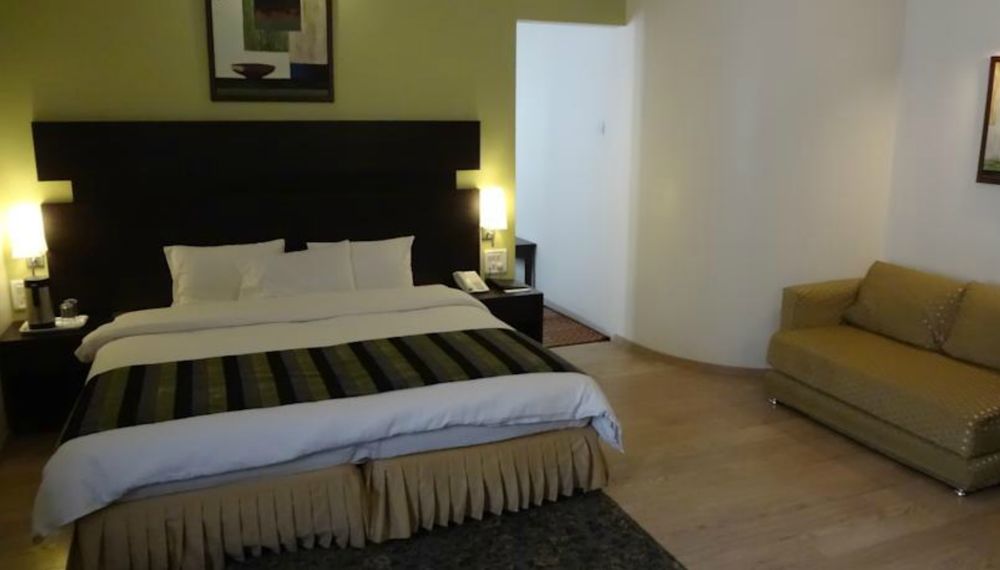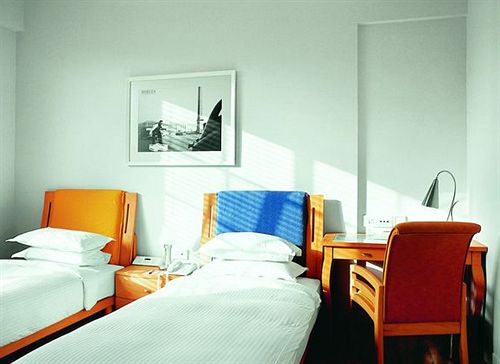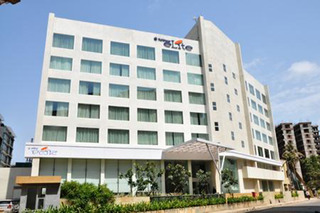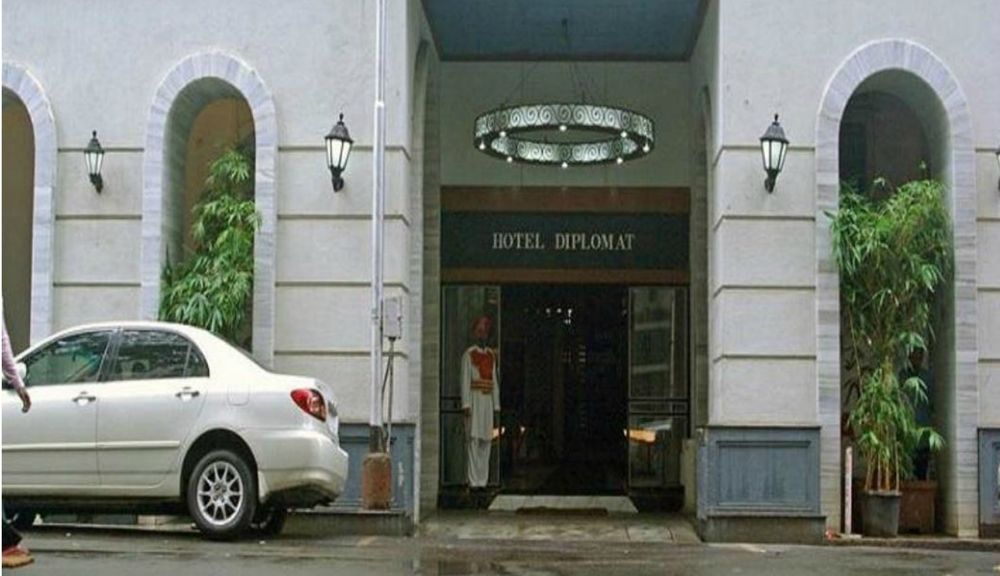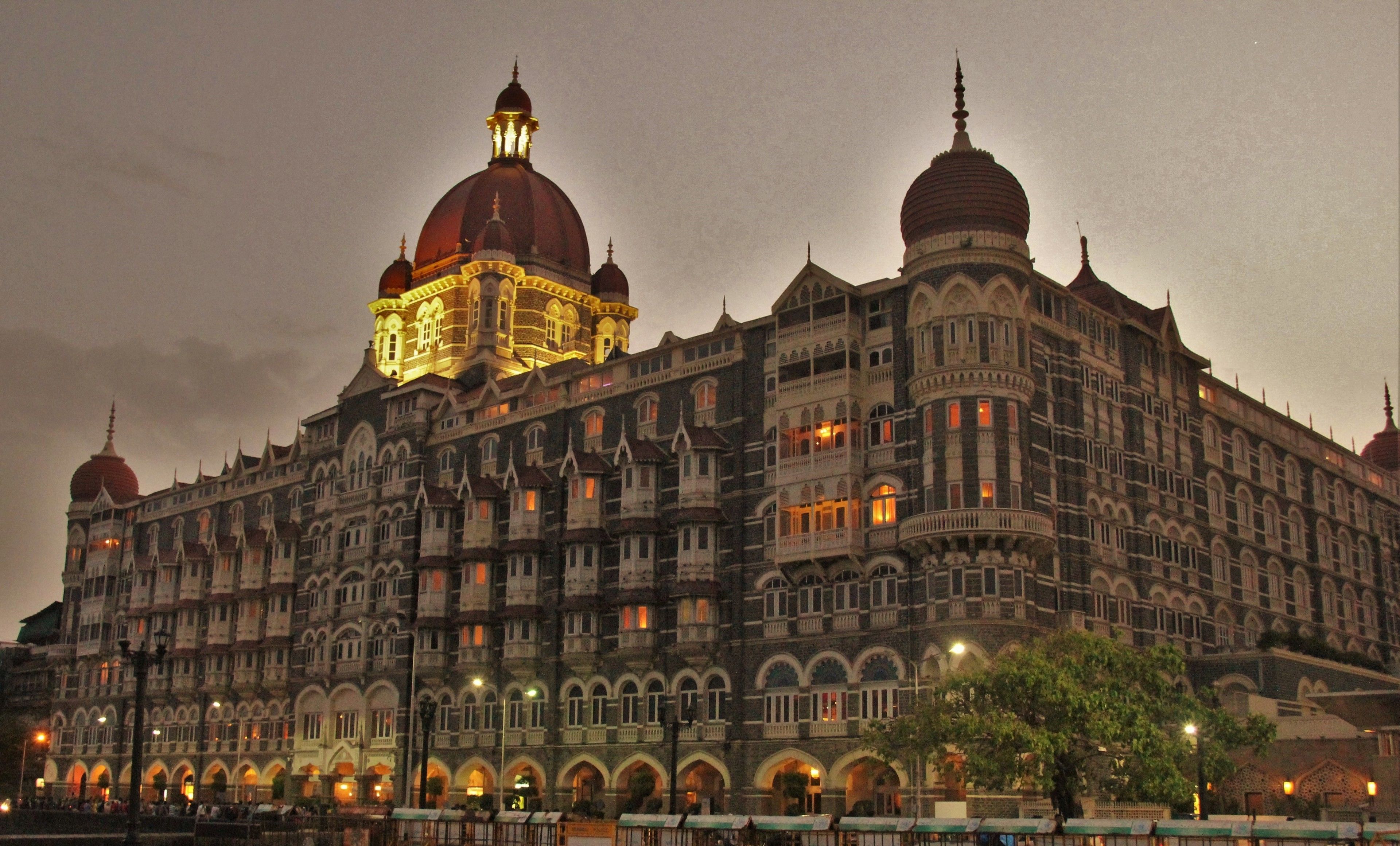
ムンバイホテル検索結果
AIが見つけた軒のホテルの最安値をご覧ください。
ベストホテル
最安値のホテル
ホテル等級
AIおすすめ
ムンバイベストホテル
ムンバイ 最低価格のホテル
最高評価のホテル
ムンバイにある5つ星ホテル
ムンバイにある4つ星ホテル
ムンバイにある3つ星ホテル
AIがおすすめする世界の旅行先
ムンバイ近くのホテル情報
ムンバイ 旅行に欠かせない情報
“A city of Bollywood”
Mumbai (; also known as Bombay, the official name until 1995) is the capital city of the Indian state of Maharashtra. It is the most populous city in India with an estimated city proper population of 12.4 million as of 2011. Along with the neighbouring regions of the Mumbai Metropolitan Region, it is the second most populous metropolitan area in India, with a population of 21.3 million as of 2016. Mumbai lies on the Konkan coast on the west coast of India and has a deep natural harbour. In 2008, Mumbai was named an alpha world city. It is also the wealthiest city in India, and has the highest number of millionaires and billionaires among all cities in India. Mumbai is home to three UNESCO World Heritage Sites: the Elephanta Caves, Chhatrapati Shivaji Terminus, and the city's distinctive ensemble of Victorian and Art Deco buildings.
The seven islands that constitute Mumbai were originally home to communities of Koli people, who originated in Gujarat in prehistoric times. For centuries, the islands were under the control of successive indigenous empires before being ceded to the Portuguese Empire and subsequently to the East India Company when in 1661 Charles II of England married Catherine of Braganza and as part of her dowry Charles received the ports of Tangier and Seven Islands of Bombay. During the mid-18th century, Bombay was reshaped by the Hornby Vellard project, which undertook reclamation of the area between the seven islands from the sea. Along with construction of major roads and railways, the reclamation project, completed in 1845, transformed Bombay into a major seaport on the Arabian Sea. Bombay in the 19th century was characterised by economic and educational development. During the early 20th century it became a strong base for the Indian independence movement. Upon India's independence in 1947 the city was incorporated into Bombay State. In 1960, following the Samyukta Maharashtra Movement, a new state of Maharashtra was created with Bombay as the
 時間 UTC+06
時間 UTC+06 通貨 INR
通貨 INR 言語 Hindi, English, Bengali, Gujarati, Kashmiri, Malayalam, Marathi, Oriya, Punjabi, Tamil, Telugu, Urdu
言語 Hindi, English, Bengali, Gujarati, Kashmiri, Malayalam, Marathi, Oriya, Punjabi, Tamil, Telugu, UrduStaypiaだけの特別な特典
リアルタイムホテル最安値比較
AIが見つけたin ムンバイの軒のホテルのリアルタイム最安値を簡単に比較検索できます。
316万軒のホテルを最安値で予約
最低価格に最大31%追加メンバーシップ割引でさらにお得にご予約いただけます。
自分だけの
AIがリアルタイムで更新するムンバイ旅行情報で便利に旅行を準備しましょう。
よくある質問
ムンバイで最も人気のある5つ星ホテルはThe Taj Mahal Palace Mumbai, Trident Nariman Point, Grand Hyatt Mumbaiです。 ムンバイ 評価順にホテルを見る
一般的なホテルの場合、客室予約はキャンセル締切日前まで無料返金が可能です。キャンセル締切日以降は手数料が発生する場合がありますので、ホテルバウチャーまたはメニュー>マイ予約でキャンセル締切日をご確認ください。
ステピアでは、AIが収集した316万件のホテルの最安値はもちろん、会員限定の追加割引価格で人気ホテルを予約することができます。
